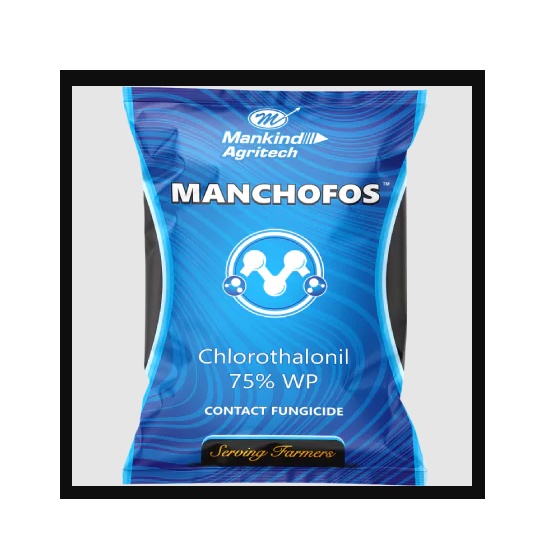Modern agriculture faces numerous challenges in ensuring a consistent and abundant food supply for a growing global population. Among the threats to crop health, fungal diseases stand out as significant contributors to yield losses. In this context, fungicides play a crucial role in safeguarding crops, enhancing productivity, and contributing to sustainable agricultural practices. Read on various aspects of fungicide chemicals, fungicides for plants.
Understanding the Impact of Fungal Diseases:
Fungal diseases have been a longstanding menace to agriculture, causing substantial economic losses and compromising food security. These diseases can affect various crops, ranging from cereals and fruits to vegetables and cash crops. Fungi such as rusts, mildews, and blights can spread rapidly under favorable conditions, leading to reduced yields, lower quality produce, and even complete crop failures.
The Need for Crop Protection:
As the global demand for food continues to rise, farmers face the challenge of maximizing crop yields while maintaining quality. In this pursuit, protecting crops from fungal diseases becomes paramount. Fungicides act as a vital tool in the farmer's arsenal, serving as a protective shield against the destructive impact of fungi on crops.
Fungicides: Agents of Crop Protection:
Fungicides are chemical compounds specifically formulated to control, prevent, and eradicate fungal infections in plants. They work by inhibiting the growth and reproduction of fungi, thereby curbing the spread of diseases. Fungicides come in various formulations, including liquids, powders, and granules, providing flexibility in application methods.
Preventive and Curative Action:
Fungicides offer both preventive and curative benefits. When applied preventively, they create a protective barrier on the plant's surface, acting as a shield against potential fungal attacks. On the other hand, when applied curatively, fungicides target existing infections, arresting the progress of diseases and promoting the recovery of affected crops.
Promoting Sustainable Agriculture:
The use of fungicides aligns with the principles of sustainable agriculture by minimizing the environmental impact of fungal diseases. Without adequate protection, farmers may resort to excessive use of water, fertilizers, and other resources in attempts to compensate for crop losses. Fungicides enable more efficient resource utilization by preserving the health and vitality of crops.
Precision Agriculture and Fungicide Application:
Advancements in technology have facilitated the adoption of precision agriculture practices, optimizing the use of inputs, including fungicides. Drones, sensors, and other precision farming tools allow farmers to target specific areas of their fields, reducing the overall volume of fungicides applied and minimizing environmental impact. This precision enhances the efficacy of fungicides while promoting sustainable agricultural practices.
Challenges and Considerations:
While fungicides play a pivotal role in crop protection, their use comes with challenges and considerations. Resistance development in fungal populations is a persistent issue, necessitating careful management practices and the rotation of fungicides with different modes of action. Additionally, there is an ongoing need for research and development to create environmentally friendly and sustainable fungicide options.
Global Perspectives on Fungicide Use:
The adoption of fungicides varies across regions, influenced by factors such as climate, crop types, and economic considerations. In some areas, where fungal diseases pose significant threats to staple crops, fungicides are integral to ensuring food security. In contrast, other regions with milder disease pressures may prioritize alternative methods within an integrated pest management approach.
Conclusion: Find the best fungicide chemical, fungicide for plants
In conclusion, the role of fungicides in modern agriculture is indispensable for ensuring food security, sustaining crop yields, and promoting efficient resource use. Fungicides act as defenders of crops, protecting them from the pervasive threat of fungal diseases. As agriculture continues to evolve, it is imperative to strike a balance between the benefits of fungicide use and the need for sustainable and environmentally friendly practices. Through ongoing research, technological innovations, and responsible application, fungicide chemicals will remain crucial contributors to the success of modern agriculture. To know more about fungicide for plants, please visit the website.


No comments yet